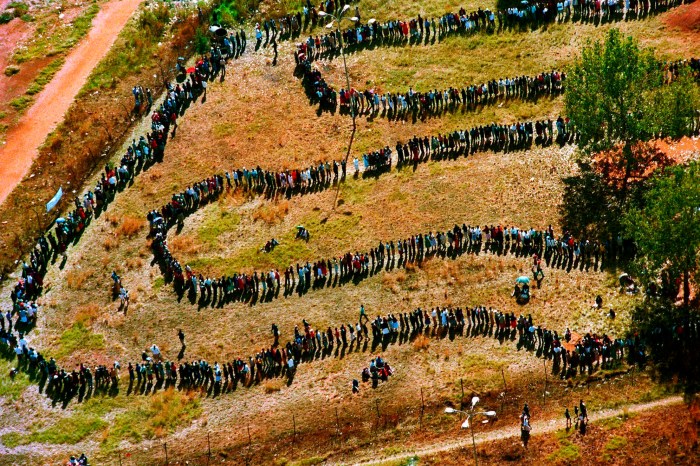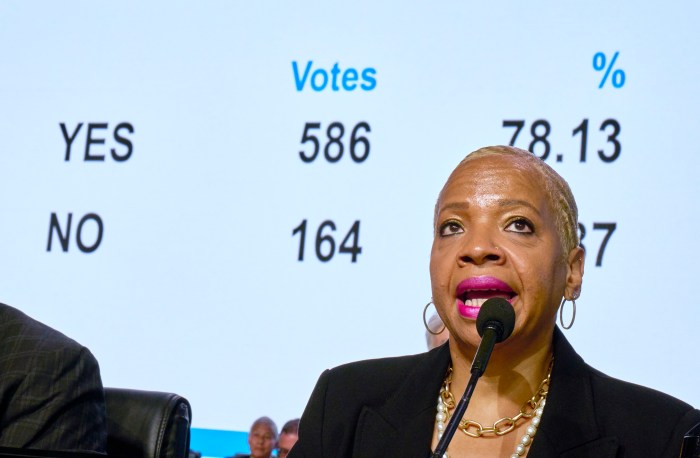By Michele Kambas
NICOSIA (Reuters) – Cyprus President Nicos Anastasiades won a second five-year term on Sunday as voters gave a thumbs-up to his record in containing an economic meltdown in 2013 and his attempts to reconcile with estranged Turkish Cypriots on the ethnically-split island.
With all votes counted, the conservative had 56 percent of the vote against 44 percent for the leftist-backed Stavros Malas.
“A new day dawns tomorrow which requires unity, because that is required to move forward,” Anastasiades told cheering crowds in downtown Nicosia. “I will continue to be a president for all Cypriots. Tonight, there are no winners or losers, there is (only) a Cyprus for all of us.”
Anastasiades, 71, steered the Cypriot economy to recovery after it was plunged into crisis in 2013, days after he was first elected, by its exposure to debt-racked Greece and by fiscal slippage under a previous left-wing administration.
Cyprus emerged from a bailout program from the European Union and the International Monetary Fund in 2016. Unlike other austerity programs, the Cyprus model put most of the painful measures up front, including recapitalizing banks by seizing uninsured deposits, a so-called ‘bail-in’ – used in the euro zone for the first time.
Malas, a geneticist who served as health minister in the former leftist administration, had also come second to Anastasiades in 2013.
Political analyst Hubert Faustmann said Anastasiades had entered the race as favorite in a field of relatively uninspiring candidates, adding: “He handled the economic crisis very well, he got a lot of credit for that.”
As leader of the island’s Greek Cypriot community, Anastasiades oversaw peace talks with the breakaway Turkish-Cypriot controlled north.
Cyprus was split in a Turkish invasion in 1974 after a brief Greek-inspired coup, and has one of the world’s longest-serving peacekeeping forces.
Peace talks collapsed last year over the role that Turkey could play in a post-settlement Cyprus.
Anastasiades faced criticism from Greek Cypriot political rivals for either offering too many concessions to Turkish Cypriots, or for missing one of the best chances in a generation to solve the logjam – a view that Malas supported.
Despite ideological differences, however, both candidates were viewed as being more pro-settlement than adversaries eliminated in the first round of voting on Sept. 28.
“There are two narratives in the Greek Cypriot community: one that he bears responsibility for the failure of talks and the other – that Turkish intransigence is responsible. It’s apparently the second which prevailed,” Faustmann said.
(Editing by Kevin Liffey)


















